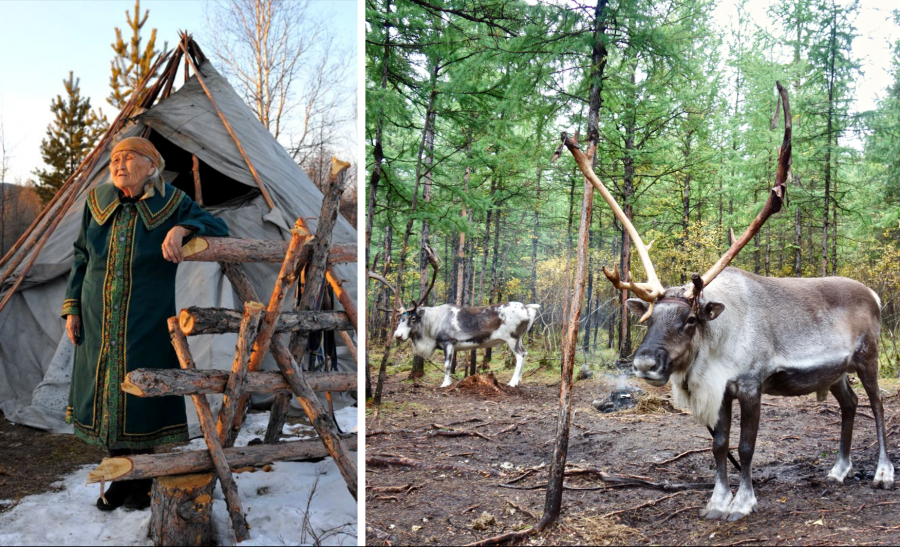Cultural extinction: lessons from population history and life history

Cultural diversity is disappearing quickly. At the current rate of language extinction, 90% of languages will become extinct or moribund by the end of this century. In biological evolution, the acquisition of certain phenotypes increases the likelihood of species extinction. These phenotypes are known as “evolutionary dead ends”. May’s research explores potential “evolutionary dead ends” in cultural evolution (i.e. cultural traits that increase risks of group extinction) at both macro-evolutionary and individual levels. Her recent study examined the association between religious belief and group survival among Islamic groups. May found evidence that apocalyptic beliefs may encourage individuals towards revolutionary violence while reincarnation beliefs may discourage conflict between groups. The research also found that apocalyptic beliefs tend to predict shorter survival of Islamic groups on the reconstructed phylogeny, contrary to the prediction that traits promoting participation in intergroup competition would be favoured in cultural group selection.
In another project, May and colleagues reconstructed the ancestral state of Sino-Tibetan kinship systems based on the current distribution of kinship descent and residence norms. The researchers found the root of the Sino-Tibetan cultural phylogeny is likely to be male-centred kinship (i.e. female dispersal and patrilineal descent). The results suggest that, contrary to popular beliefs in China, male-centred kinship has been established early on, around 7000 years ago, while female-centred kinship is likely a recent adaptation among Sino-Tibetan groups. An ongoing project investigates whether the evolution of female-centred kinship increase risks of group extinction.
Lastly, May will outline an ongoing project looking at the demographic dynamics of a critically endangered cultural group - Yakut Evenks - the last remaining reindeer herding population in China. Since the 1950s, Evenks in China gradually ceased to practice their hunting and herding traditions in accordance to government policies. Like many other arctic groups, Evenks showed extraordinarily high rates of unnatural deaths (e.g. homicide, suicide) related to alcohol abuse. This case study will examine their life history decisions in response to high extrinsic death rates, subsistence shifts, and cultural contact.
Hanzhi (May) Zhang is a first year PhD student in the Anthropology Department at UCL. She has a background in Human Sciences and Cognitive and Evolutionary Anthropology. She is interested in understanding the forces promoting cultural diversity and those driving cultural groups to extinction. May uses ethnographic and linguistic data to identify the risk factors of cultural extinction and factors promoting the diversification of ancestral Sino-Tibetan and Trans-Eurasian groups; and also studies the demographic processes and life history strategies in endangered cultural groups with a focus on Yakut Evenks.
Please note that this session will NOT be live-streamed/recorded.
Admission
Contact
